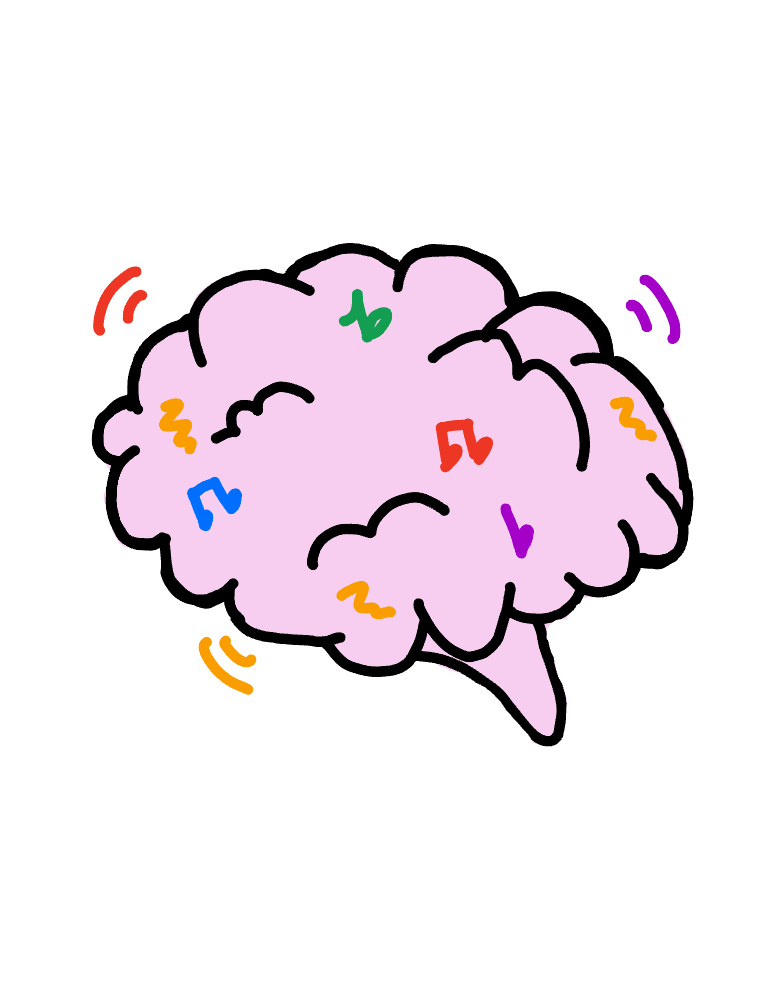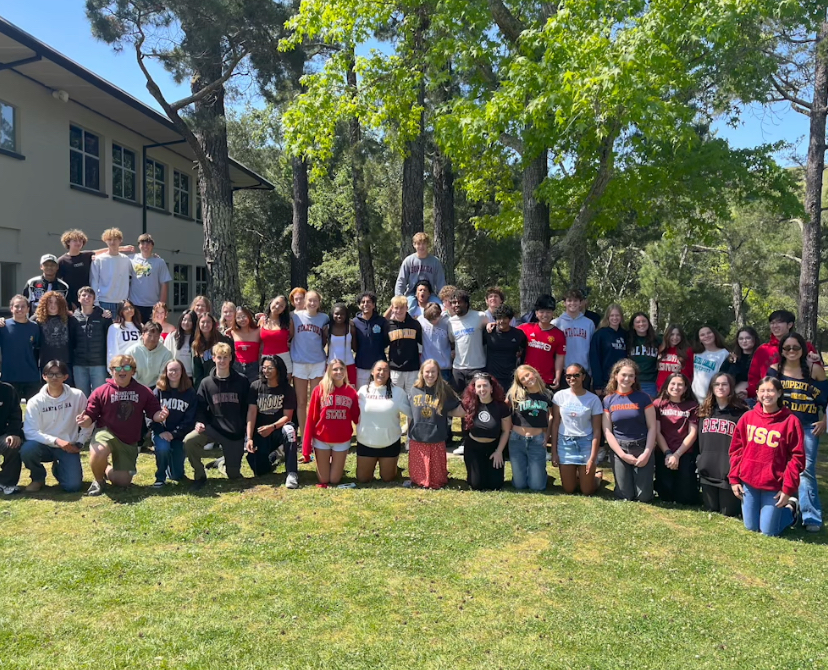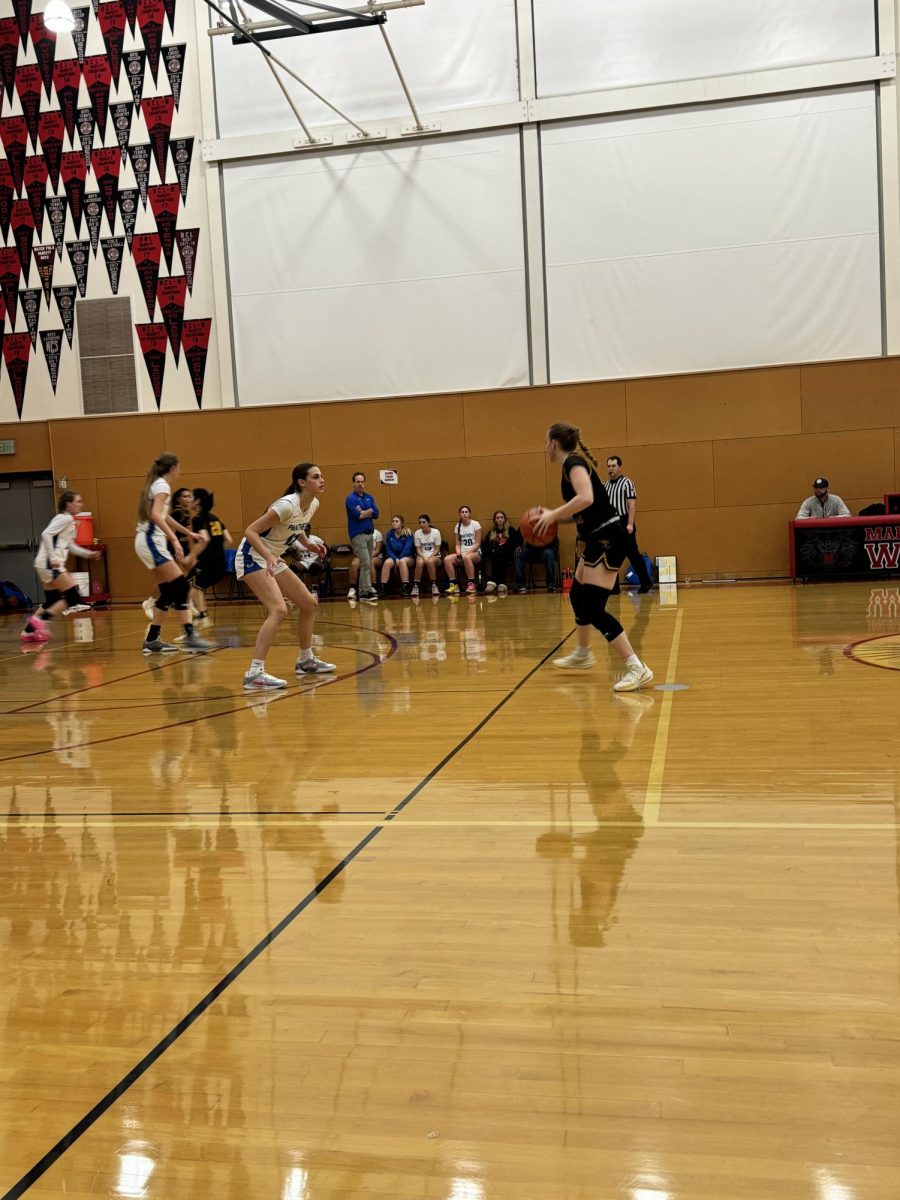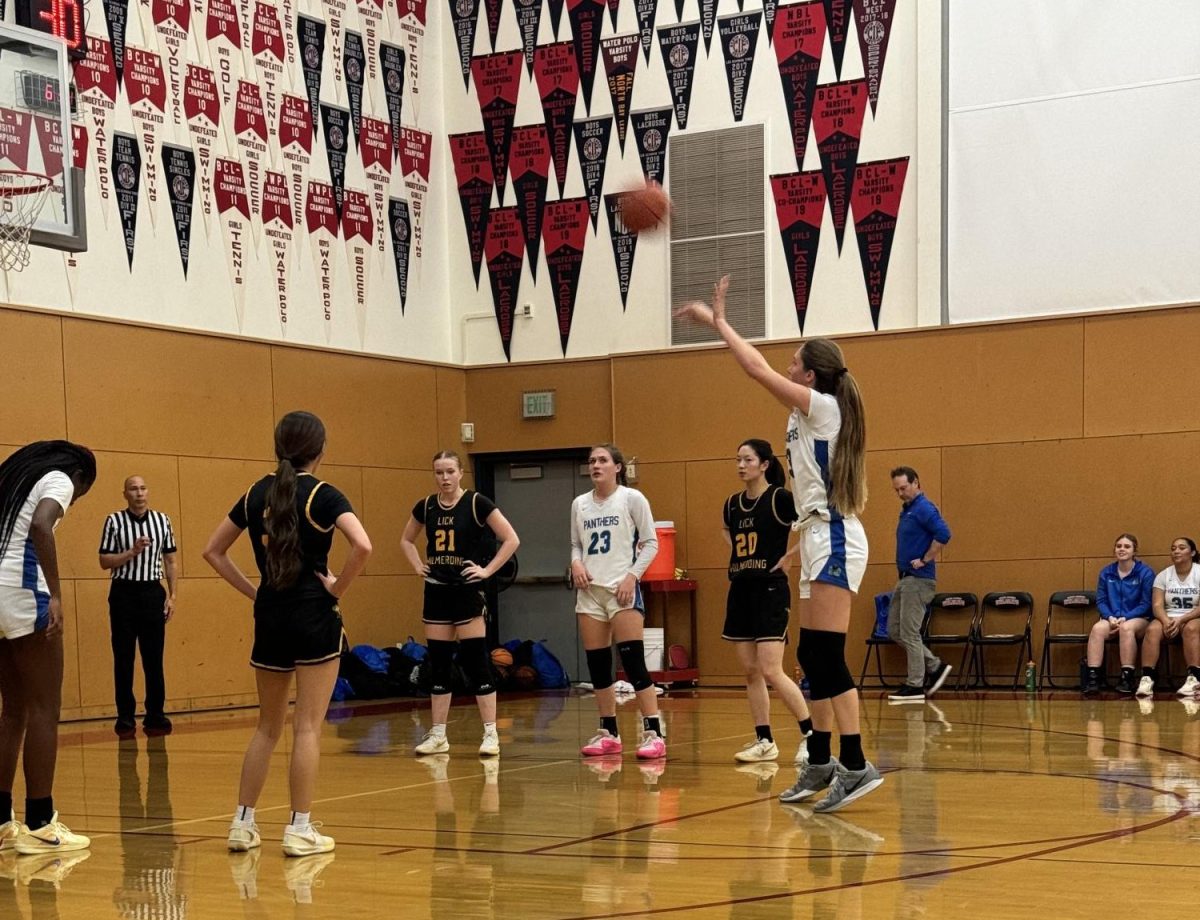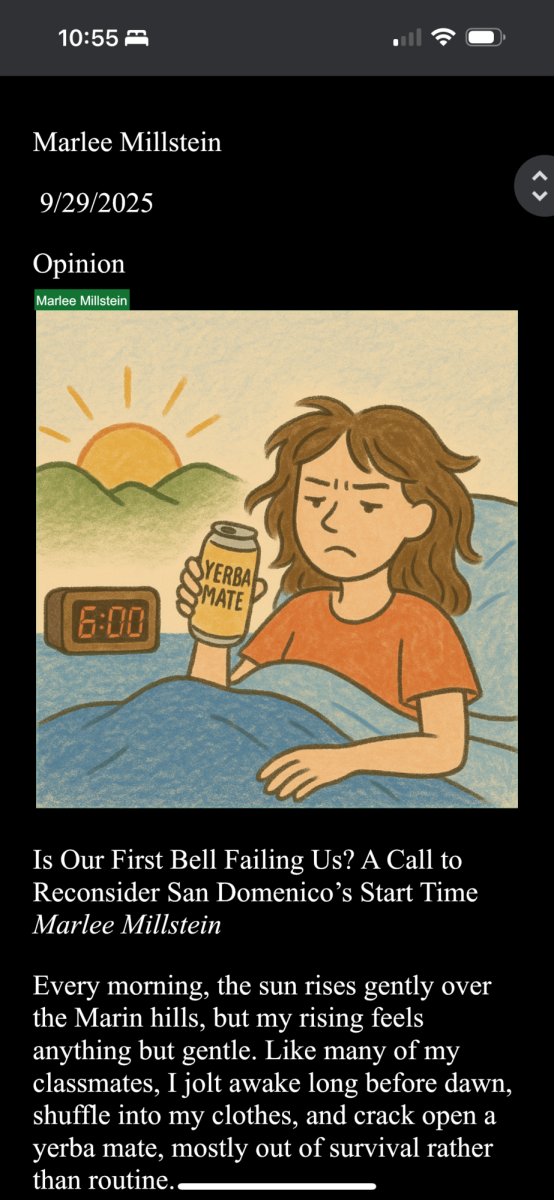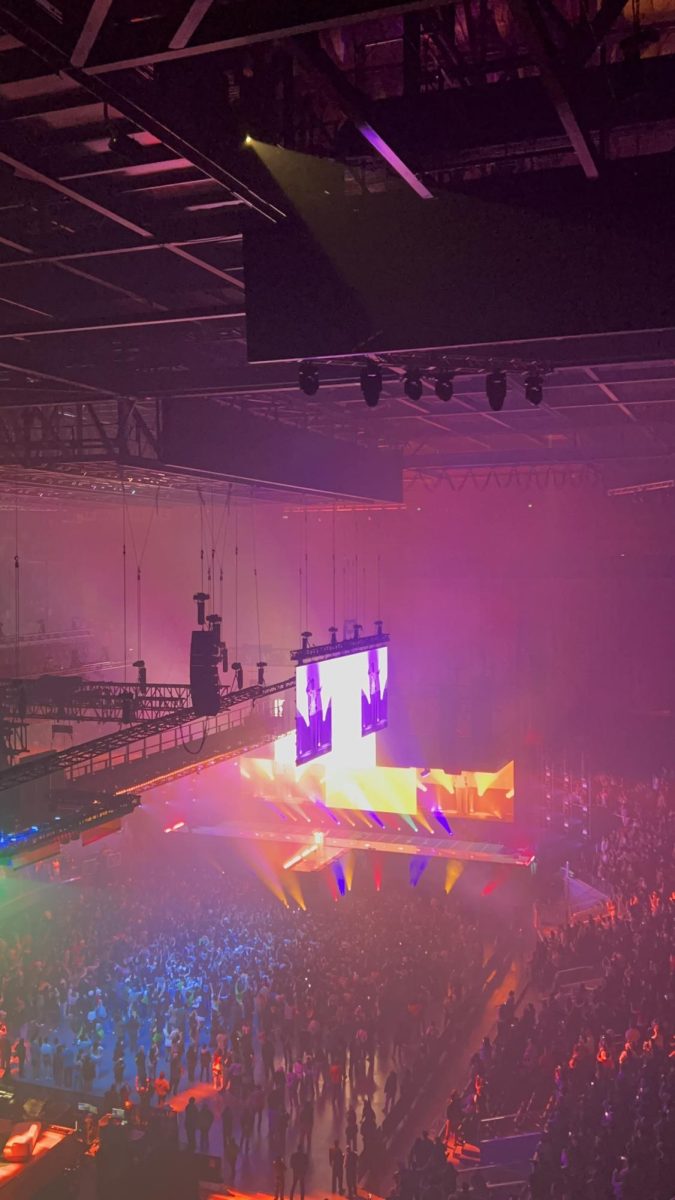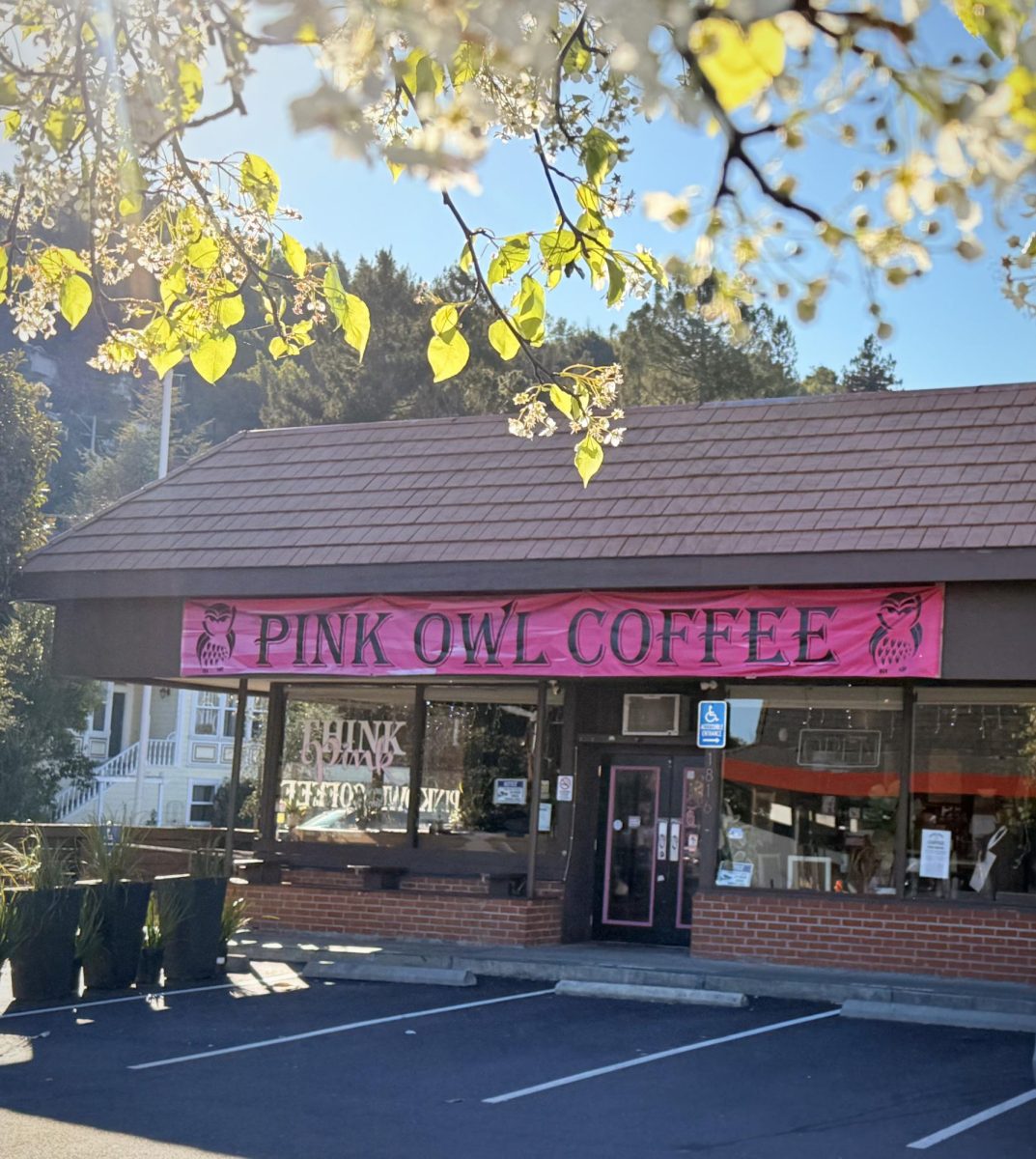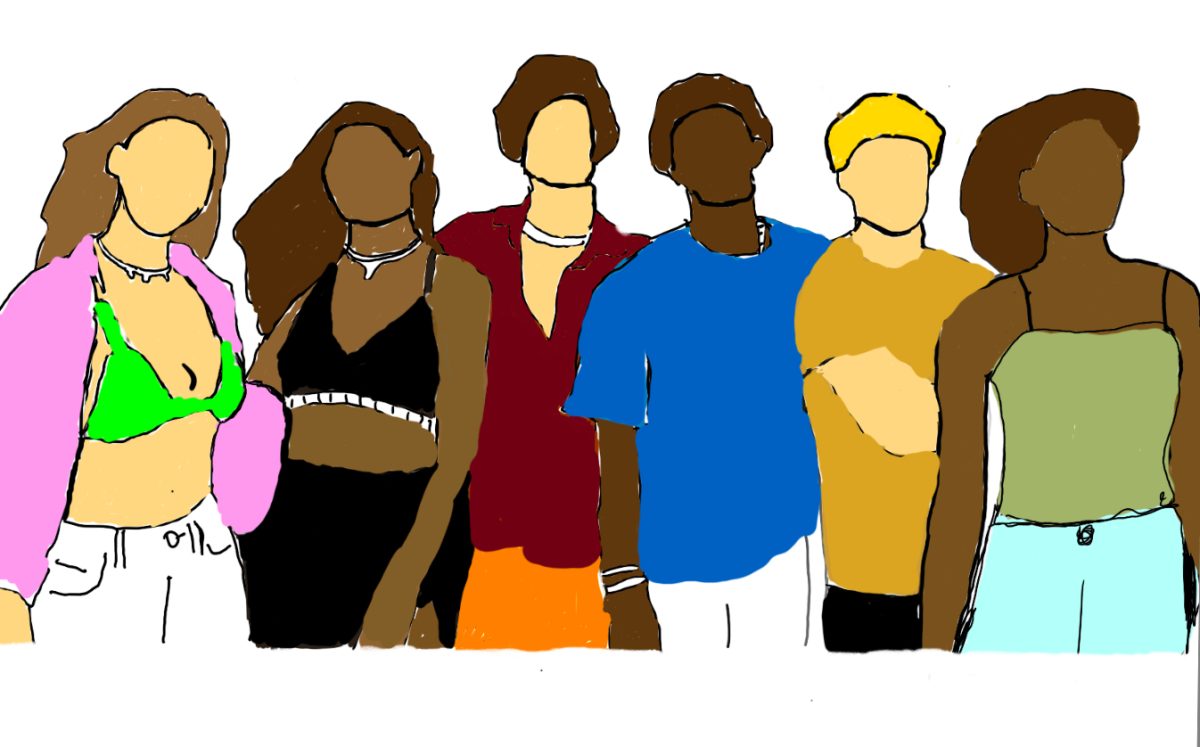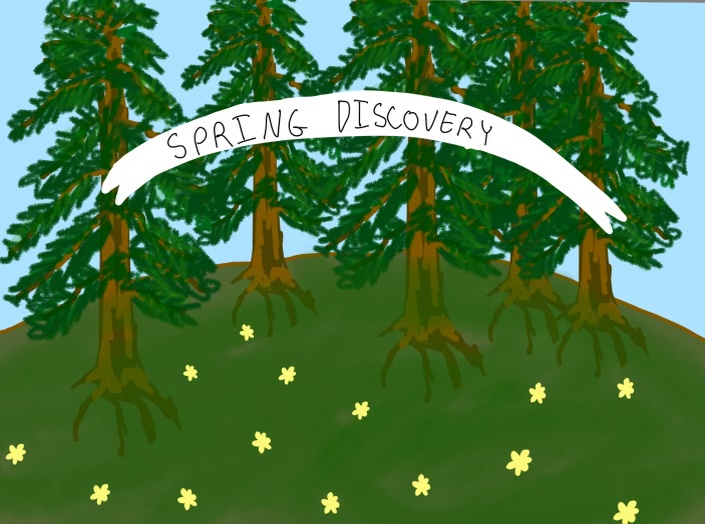Walking down the street on a warm summer day, I suddenly hear music coming from a car with their windows down, blasting a song I religiously listened to last fall. Instantly, I can feel the crisp autumn breeze, like I am transported back into that exact time period, experiencing all the feelings I did then. Why does music have such an effect on me? That is a question I have always thought about. If I wake up in the morning and drive to school listening to depressing music, I’m in a bad mood the rest of the day. It turns out music has much more of an impact on our brains than we think.
For me, and many people I know, music can shift one’s mood drastically sometimes within seconds.
Objectively, sad music is often identified by a lower pitch, slower tempo, softer and lower sound levels, and lower energy levels. You can also classify music as sad based on the emotional resonance or associated memories of past events.
Humans have always been drawn to creating art that expresses sadness and suffering. In ancient Greece, tragic plays were a major part of culture and widely celebrated. In the modern era, films and novels centered on heartbreak and despair often become bestsellers and receive critical praise, states research from The National Library of Health. In the same way, listening to sad music can help people process emotions in a safe way. When we hear lyrics or melodies that match what we’re feeling, it can make us feel less alone, like the artist understands something we can’t quite put into words ourselves.
Understanding how the brain reacts to music makes it even clearer why it feels so powerful in our own lives. An article from Verily Magazine explains how different parts of the brain work together when we listen to music, shaping how we experience it. The auditory cortex helps us understand things like pitch and volume, the amygdala processes the emotions we feel, and the mesolimbic system triggers the brain’s pleasure response by releasing chemicals like dopamine. MRI scans of people listening to music show significant activity in those areas when specific songs were played, indicating the strong link between music and memory.
For me, music has not only been something that I enjoy listening to, but something that I have found can bring us together. Some of my favorite memories have just simply been blasting music in the car with my friends, or dancing to music in the kitchen while making cookies. It never fails to make me feel special when one of my friends sends me a new song they discovered, or when we talk about an artist we love. The sole part of those memories or moments has been the music. This experience is known as a music-evoked autobiographical memory. And it’s a common experience. In a study from Durham University, they compared music to “emotional sounds” and “emotional words” and found that music evoked more consistently positive memories than other emotional sounds and words.
Music will be there for almost any situation life throws at you, maybe to help you through a breakup, or hype you up for a basketball game. I believe music is so special because it can not only make you feel a certain way, but it connects us, and anchors new connections through powerful memories.





